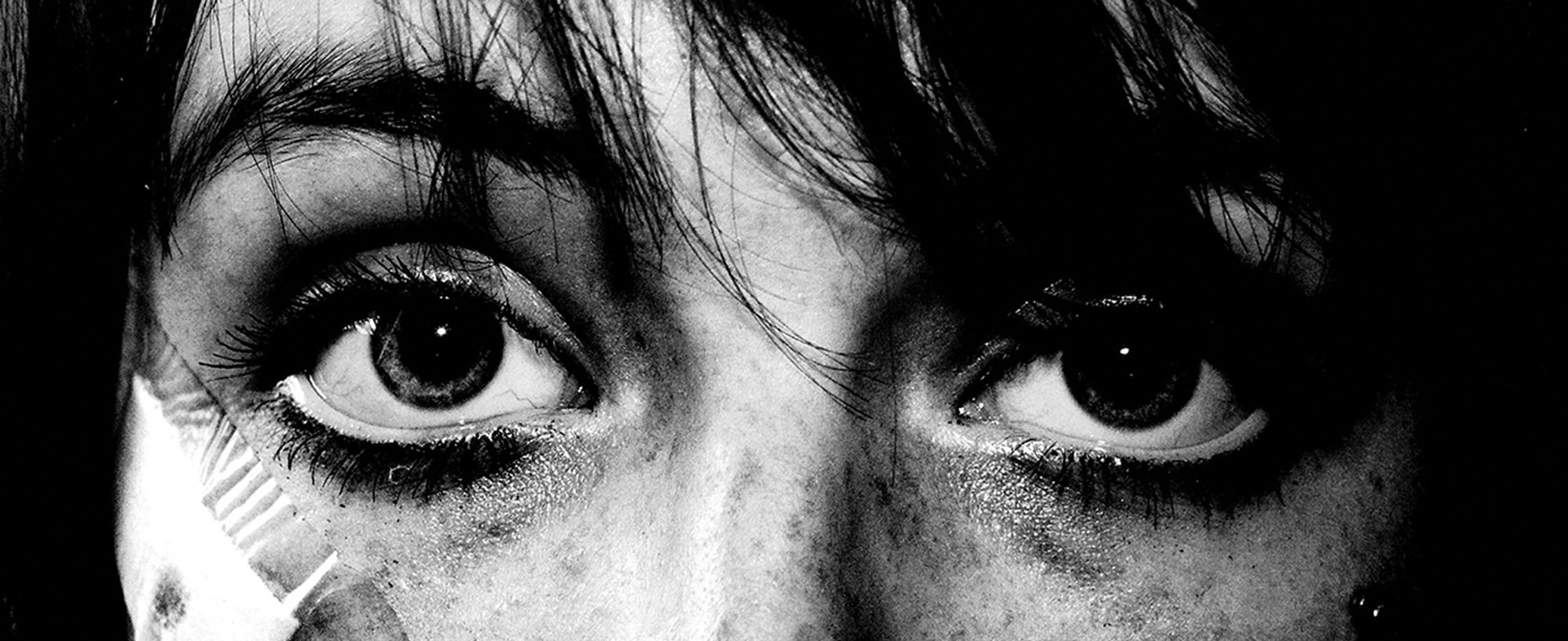
MPB Meets: Street and Portrait Photographer Jens Juul
Published November 6, 2025 by MPB
Jens Juul is a street and portrait photographer and visual artist from Copenhagen, Denmark. In 2021, Jens Juul won the BBA Photography Prize. MPB sponsored an exhibition of his project, Six Degrees of Copenhagen, at the BBA Gallery in Berlin, as part of the European Month of Photography. Six Degrees of Copenhagen is based on the 'six degrees of separation' social connection theory. Jens Juul applies this to his portrait series, moving through the social relationships of different people in Copenhagen. In this interview with MPB, Jens Juul discusses his work, camera gear and interest in people and their stories.
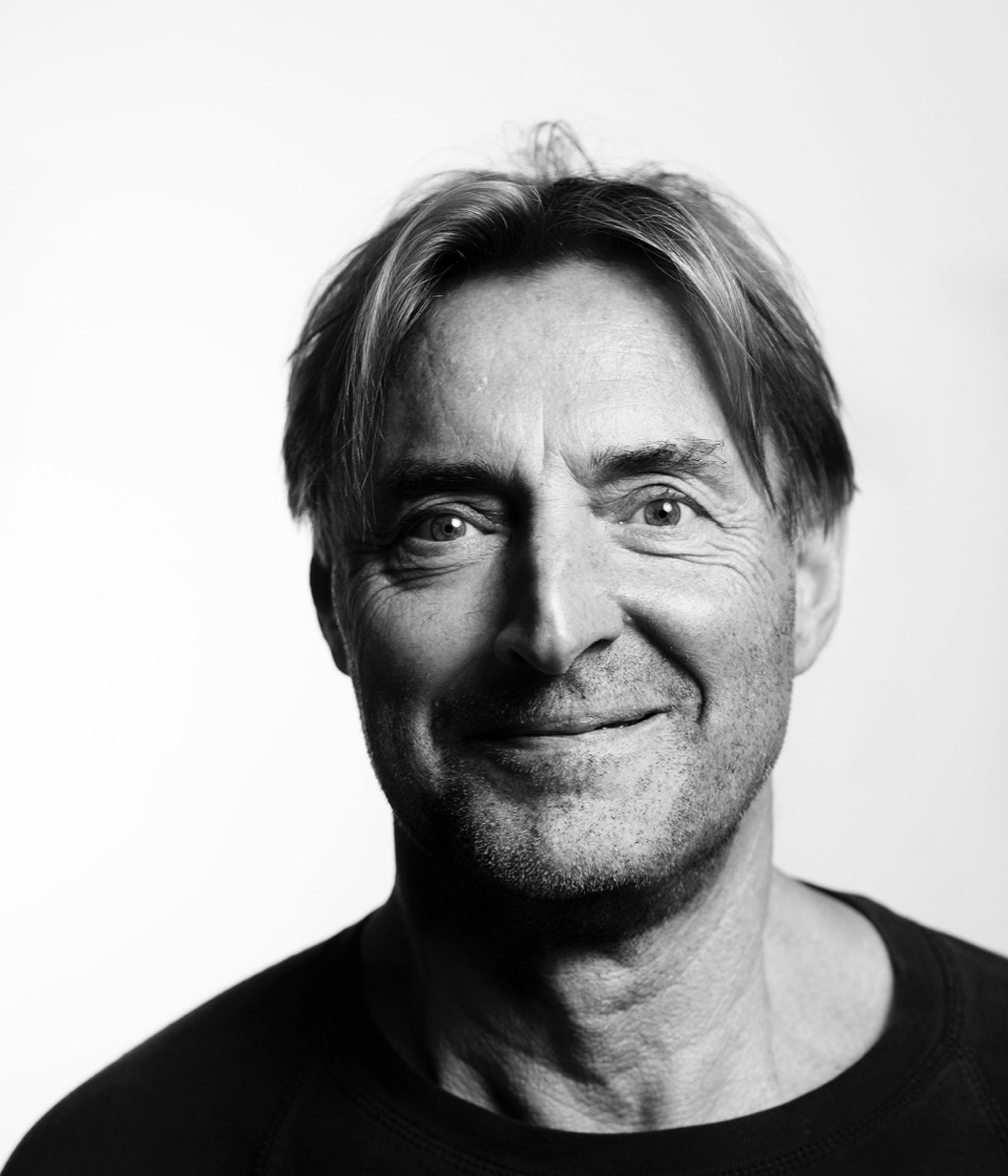
Jens Juul
For Six Degrees of Copenhagen, Jens approached people in his home city of Copenhagen—on the street, in restaurants or cafés—and asked if he could take a photo of them. If the person agreed, Jens Juul visited the person at home to take their photo. The person then recommended another person, be it a neighbour, brother or friend, and so on. After six people from one ‘network’, Jens Juul chose a new person and the cycle started all over again.
MPB: Who or what inspired you to do this project?
JJ: Six Degrees of Copenhagen was my first project as a photographer. The idea came to me about 13 years ago and I have been working intensively on it for the last eight to ten years. The series was inspired by the concept of the ‘six degrees of separation’, introduced by the Hungarian writer Frigyes Karinthy in 1929. His theory is that all people in the world are connected through six degrees. And that's a good way to approach a series of portraits.
I like the idea that I’m not designing the whole project myself, but that it is a dynamic form of work. The project has its own life, it has its own way of creating itself without me being a part of it. I am, of course, involved in the process with the people—doing it my way, my way of communicating with the people—but the project itself involves the people.
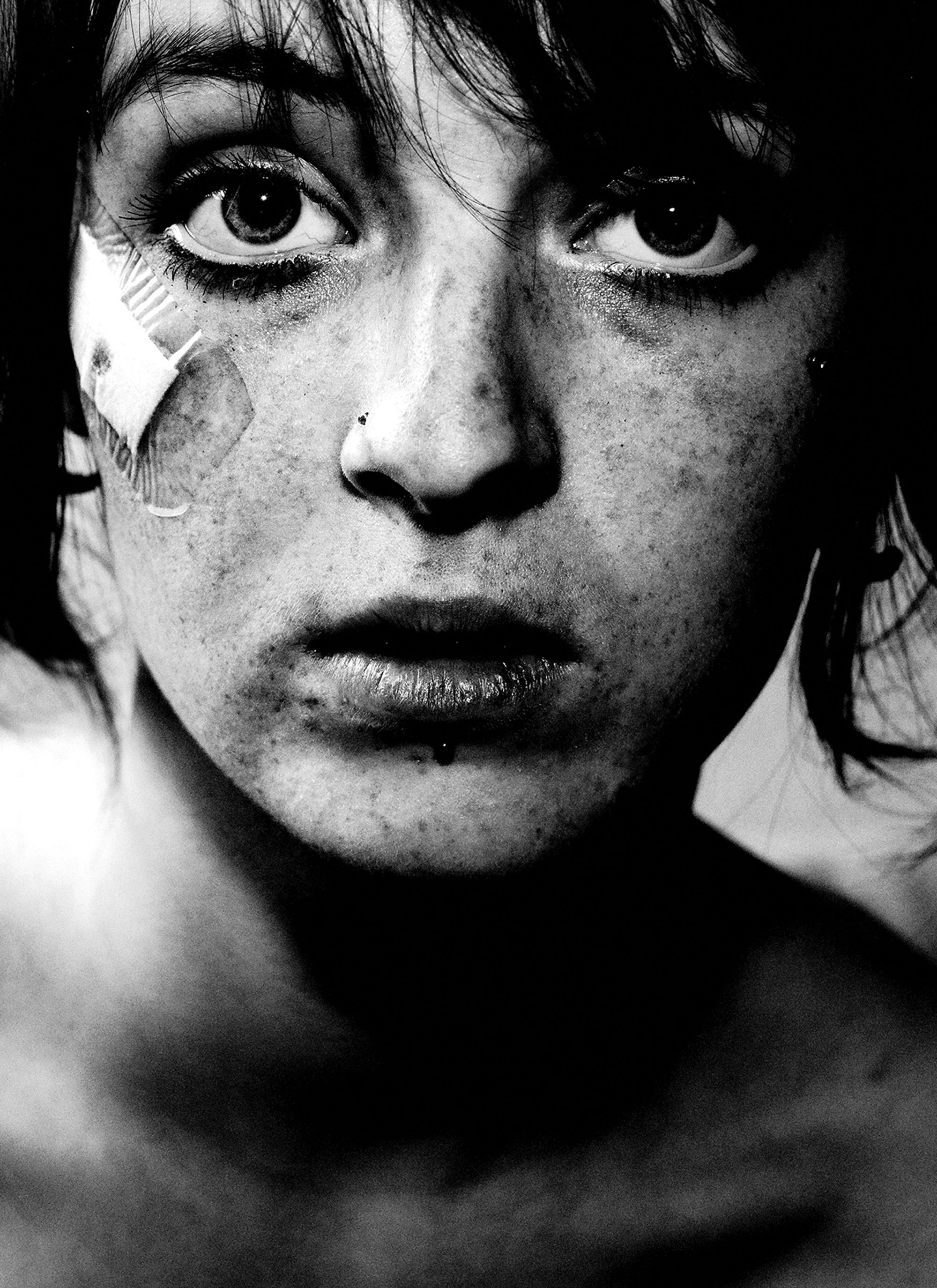
Six Degrees of Copenhagen | Canon EOS 5D Mark II | Canon EF 35mm f/1.4 L II USM | f/8 | 1/125 | ISO 400
MPB: Was that the plan? From the beginning, to publish and exhibit these portraits?
JJ: When I start a project, I do it for myself first and foremost—for my own eagerness to throw myself into a project. I don't think about exhibiting it. But then, suddenly, the work starts to grow. I realise that it can have meaning for people outside of my circle.
And then there are the photo competitions. I was encouraged by other photographers to enter them, because they thought my work was valuable. The BBA Photography Prize is a good example of that.
As a whole, the photography world is very open. Of course, the idea of competition is there somewhere—but not like in other art forms. It is rather an open space where people recommend each other and help each other. Photo competitions are open to everyone and anyone can participate.
In the beginning, I worked with a Canon EOS 500D, later also with a Canon EOS 5D Mark II. The smaller the equipment, the better for my purposes. When I'm with the people I want to photograph, it's one big process. I ask questions, I take photos, I ask more questions. I take photos.
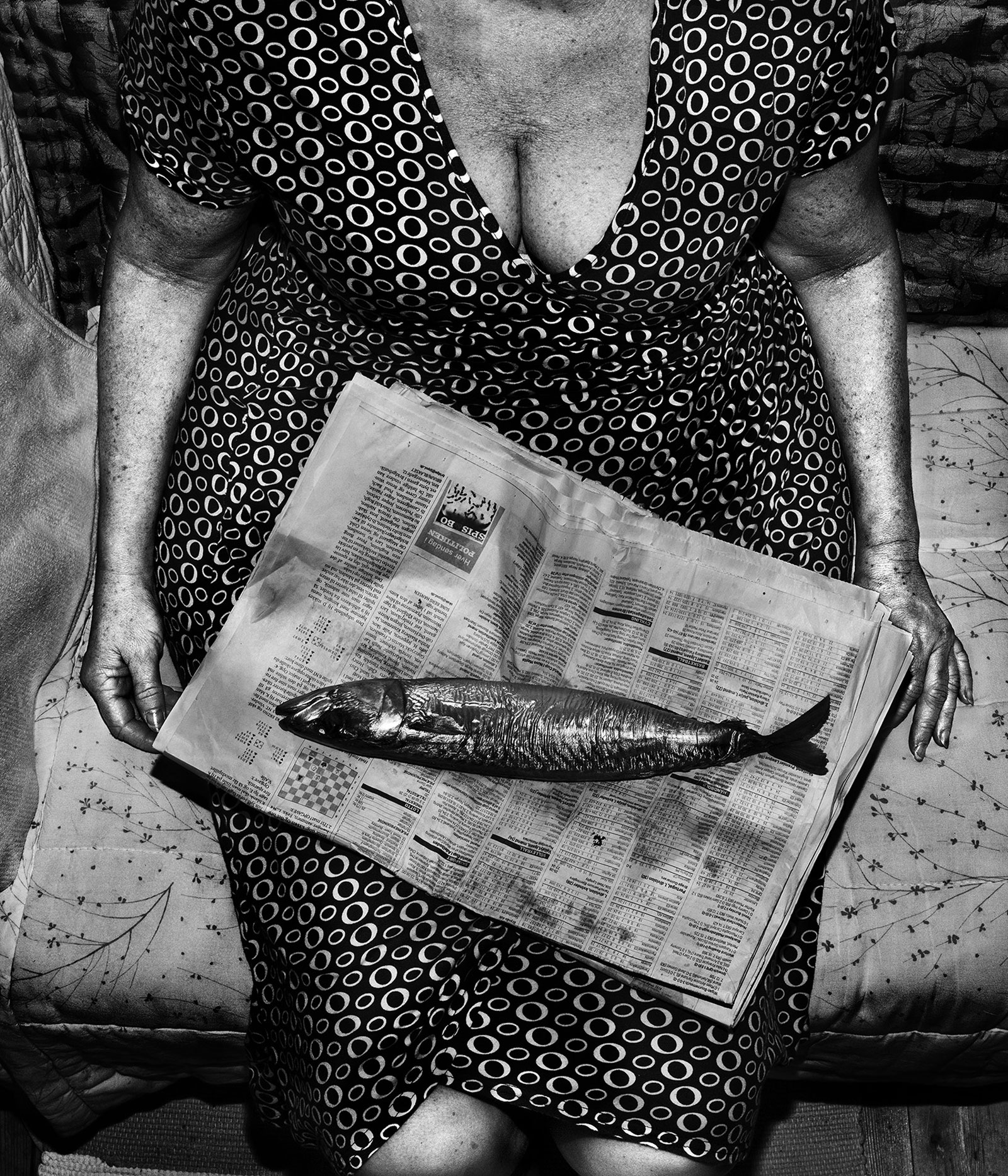
Six Degrees of Copenhagen | Leica M Monochrom | 35mm | 1/125 | ISO 1000
MPB: Why do you shoot in black and white?
JJ: It's very classic, it's timeless. Black and white leaves out all the unimportant information. I don't care about the hair colour or the colour of the clothes. I'm interested in the impression of the person. The more colour you take away, the more naked the expression becomes.
MPB: Do people usually agree to be photographed?
JJ: Yes, most of them do. When I go to someone's house, I don't bring all my equipment. I don't come as a photographer, I come as a human being. It's about building relationships so they feel safe in my company, that I respect them and they're not surprised or uncomfortable with the way I work or the way I am. If we're not on the same page, there's no point. If they are uncomfortable, they’re not relaxed and it wouldn't work.
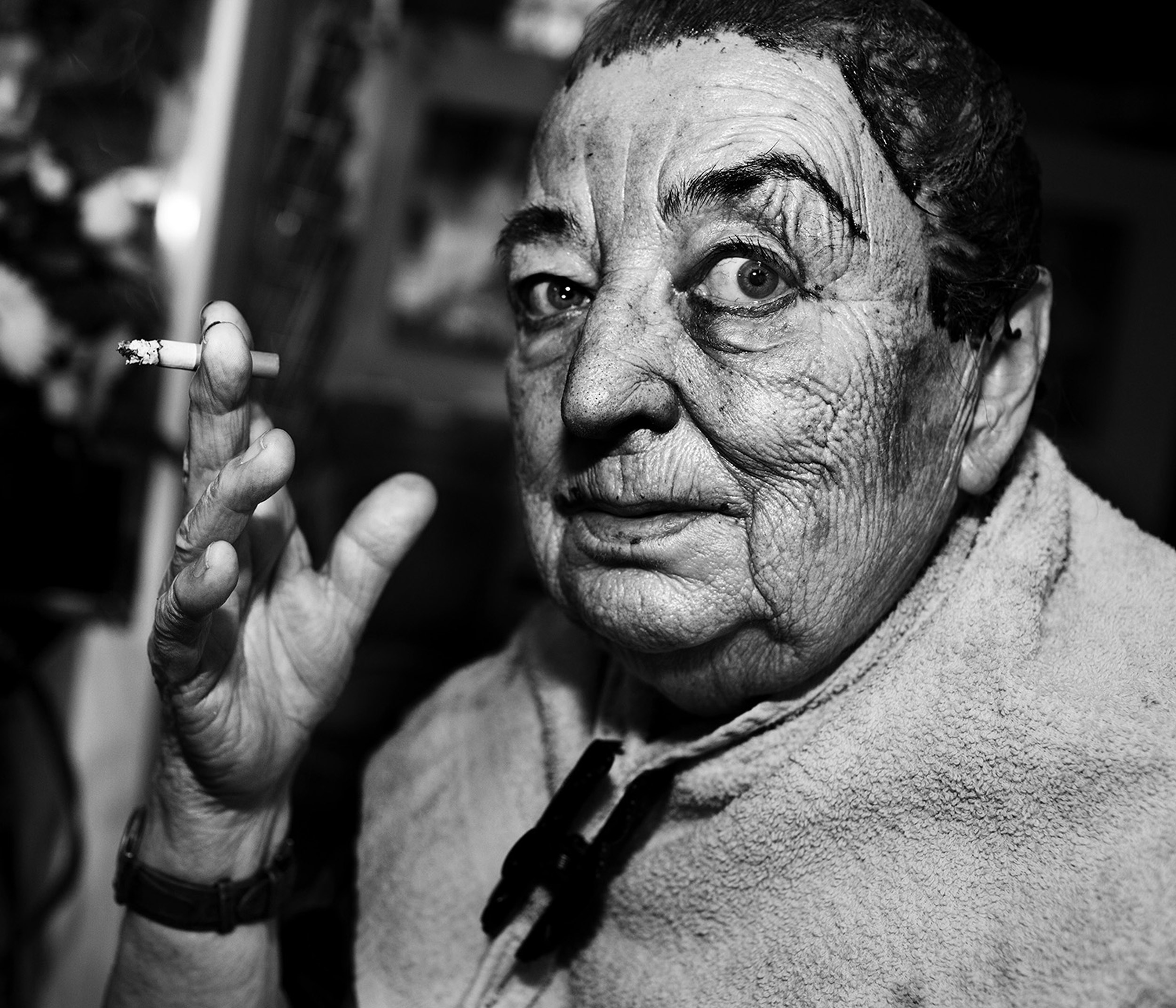
Six Degrees of Copenhagen | Canon EOS 5D Mark II | Canon EF 35mm f/1.4 L USM | f/3.5 | 1/125 | ISO 400
MPB: How much time do you spend with the people you photograph?
JJ: I often visit the people I photograph several times. Before I leave, I ask if I can come back if I'm still not satisfied with the work. And usually they say: “Yes, of course, you are always welcome”.
The better you get to know people, the more relaxed they are, they trust you and you have very intimate sessions and can ask a lot of personal questions. For example, we talk about death and different traditions around it. But there are also other situations. Sometimes, before I talk to people, I start taking pictures. So the equipment must always be ready, in the right settings. As a photographer you have to be like Lucky Luke, always ready to shoot.
MPB: What do you look for in the people you photograph?
JJ: When people look you straight in the eye, you can build trust with them. If I see someone who avoids eye contact, but at the same time has a special appeal—like a shy person covered in tattoos—those are two different signals. The tattoos show that you want to be recognised, but the shyness is the opposite of that. So that is a good reason to approach that person.
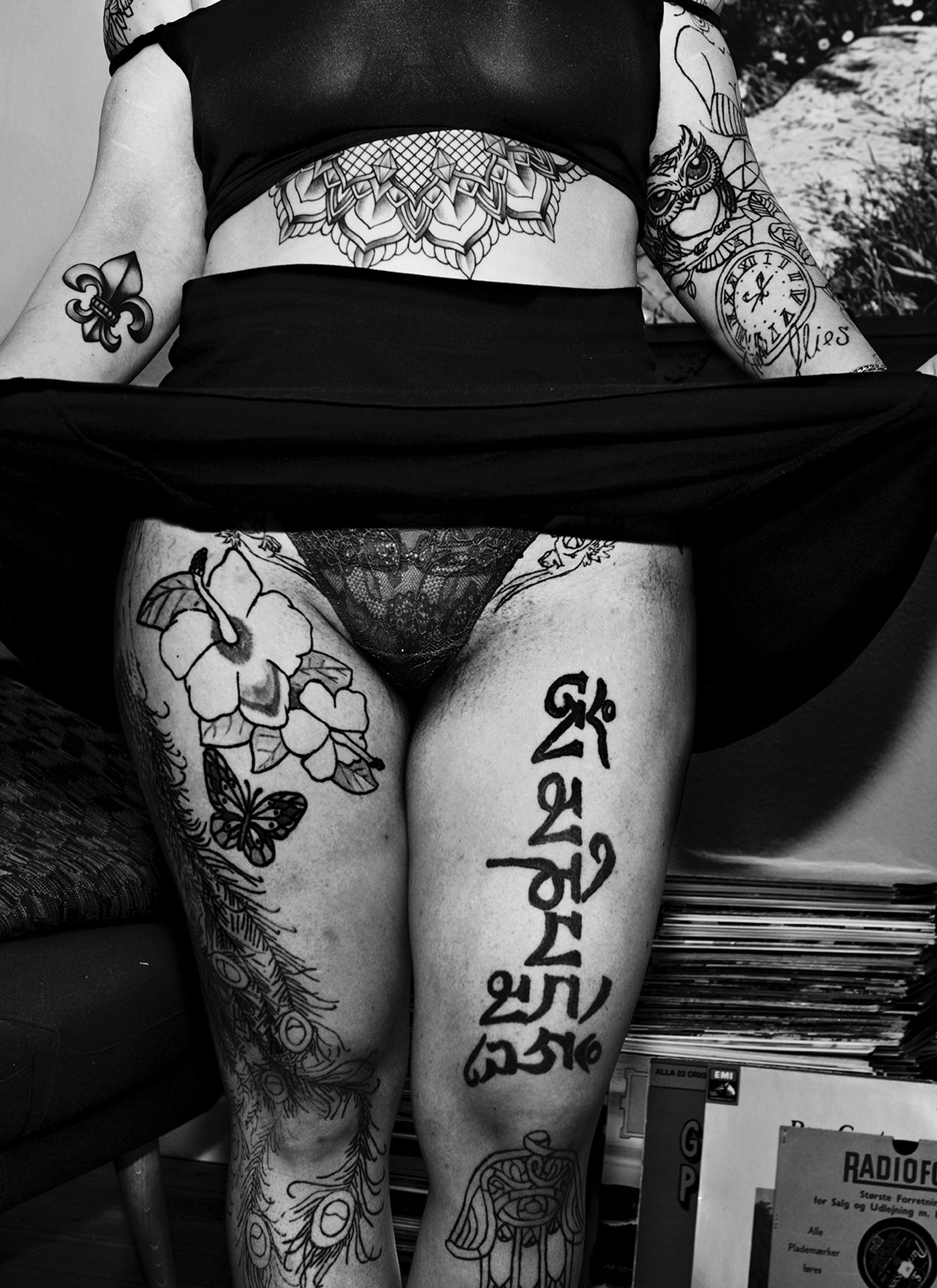
Six Degrees of Copenhagen | Canon EOS 5D Mark II | Canon EF 24-70mm f/2.8 L II USM | 30mm | f/5.6 | 1/180 | ISO 250
MPB: How much of your personality goes into each project? Do you also tell the people you photograph a lot about yourself?
JJ: Of course. I bring my whole personality, you have to do that. When you take something, you have to give something back. I have to give away some of my secrets so that the other person can tell me their secrets too. I have also found that many people enjoy getting attention from a person who really listens to them and asks lots of questions. It makes them feel seen and they enjoy sharing their stories with me. That is the most important thing about my work. That means always drinking lots of coffee, asking lots of questions and really listening.
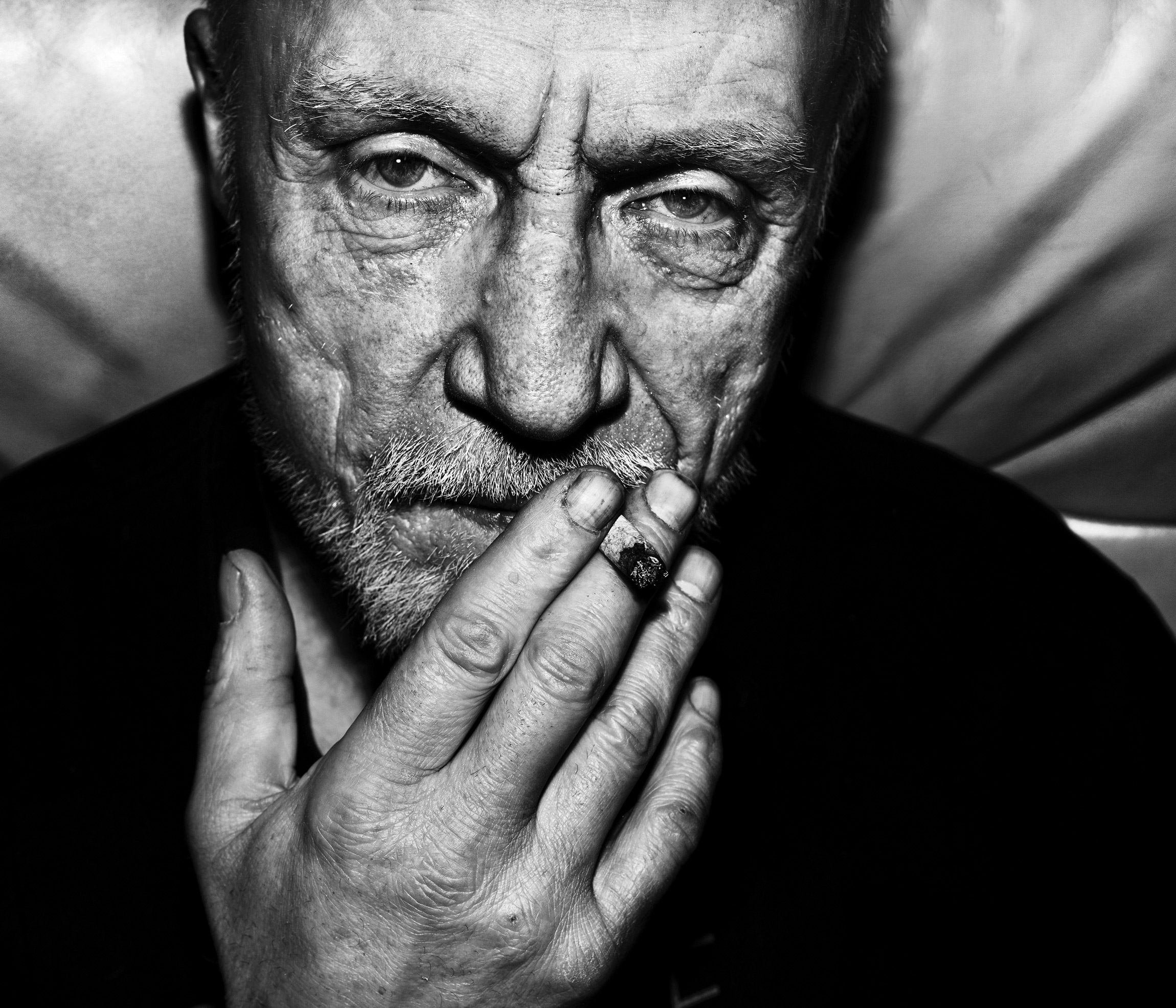
Six Degrees of Copenhagen | Sony A7 III | Sony Zeiss Sonnar T* FE 35mm f/2.8 ZA | f/5.6 | 1/200 | ISO 200
Read more interviews on the MPB Content Hub.
You can sell or trade your camera gear to MPB. Get a free instant quote, get free insured shipping to MPB and get paid within days.